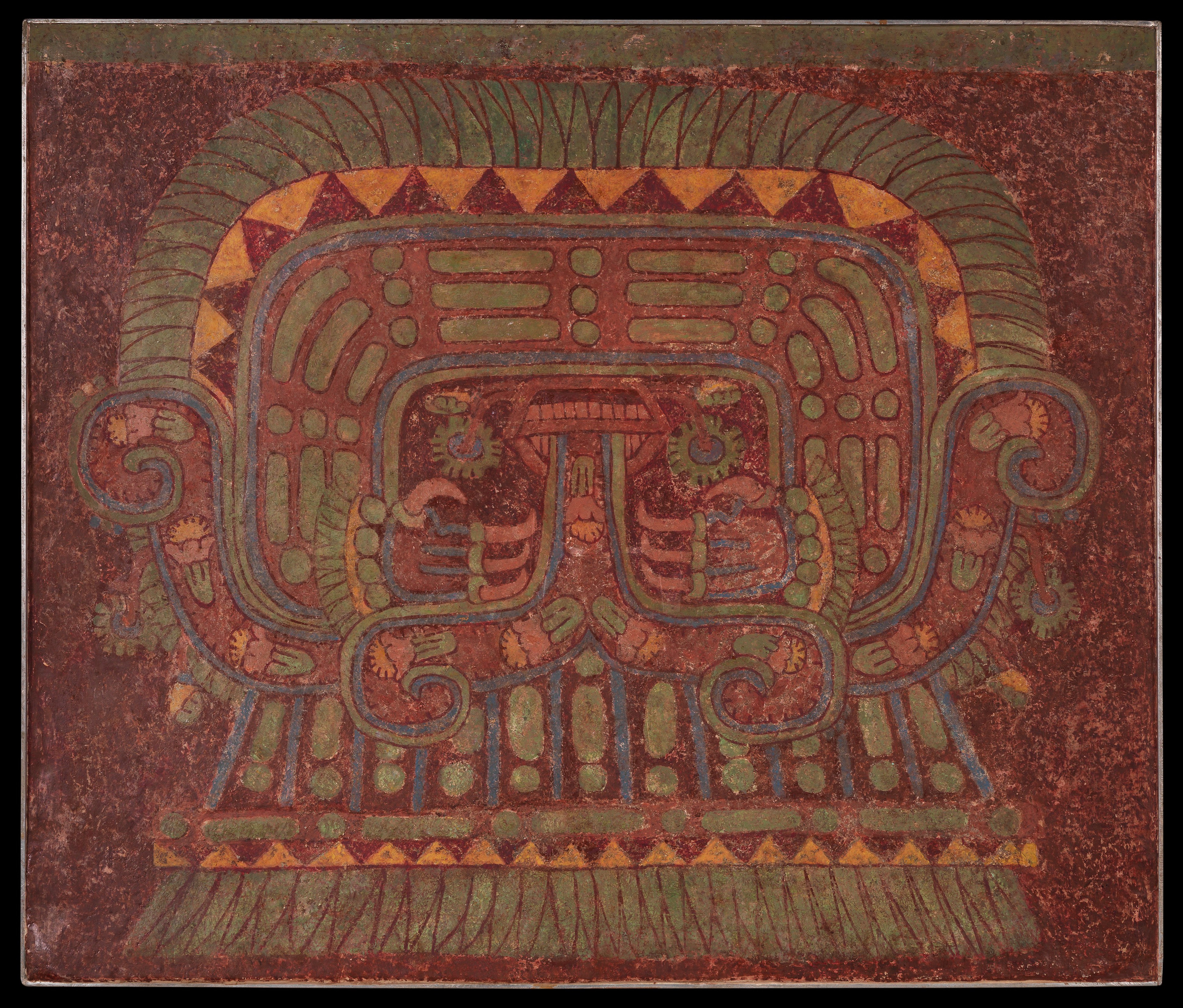
For podcast fans, Peter Krause and International Security editor Sean Lynn-Jones talk his recent article on armed group behavior and effectiveness, which Krause discussed in a recent PVG piece.
As of Thursday, the Russian military continued to mass forces, including paratroopers, along the Ukrainian border. Does this foretell a full-scale invasion of eastern Ukraine? (Via Theo McLauchlin.)
On the uniqueness of Ukraine — a post-Soviet state without a memory of independence or a language and culture radically distinct from the Russian that dominated the USSR — and Western intellectuals’ engagement with the country (via Chris Hayes).
William Schreiber reviews the high costs Russia could face subsidizing an unrecognized breakaway republic in Crimea. It is also worth reviewing a 2013 International Crisis Group report on Abkhazia, which Schreiber cites, for comparison.
It is tempting to try to understand the Crimea crisis through historical analogy — is it the Sudetenland? How about Czechoslovakia, 1968? Tom Nichols cautions that “facile historical comparisons are only obscuring more than they are clarifying,” and, more pithily, Sarah Kendzior notes that the crisis is not the next Cold War but rather “progenitor of bullshit analogies”.
To what extend did NATO’s eastward expansion and the aborted 2008 floating of Ukrainian NATO membership prompt Russia’s seizure of Crimea? Robert E. Hunter notes some historical missteps in relations between the West and Russia, and in the New York Times John Mearsheimer places blame for the crisis on NATO overtures to Ukraine and Georgia and attempts to strengthen ties between Ukraine and Europe (via Jason Ralph and Mark Kersten); Jeffrey Lewis and James Goldgeier don’t agree that these policies should have been avoided.
Mearsheimer indirectly references his now-famous 1993 Foreign Affairs piece arguing against Ukraine giving up the nuclear weapons it inherited from the Soviet Union; an argument that has been the subject of much discussion in recent days.
Protests have again erupted in Turkey, following the death of a boy injured by a tear gas canister last year. Michael Koplow places this week’s unrest in the wider context of Prime Minister Erdogan’s government’s refusal to recognize that state violence will not push demonstrators off the streets.
After the horrific train station knife attack in China Kendrick Kuo passes along an interesting piece by J. Michael Cole on differences in media coverage of the attack, especially the use of the word “terrorism.”
Geoffrey York reports on arms prices in the Central African Republic, where a hand grenade costs less than a dollar. In neighboring South Sudan, fighting leaves refugees at risk.








0 comments